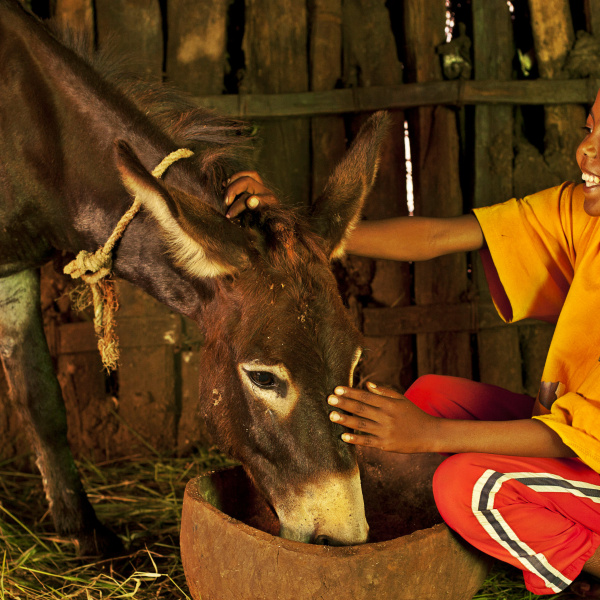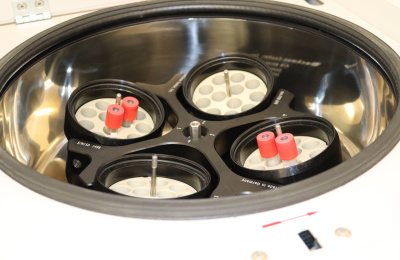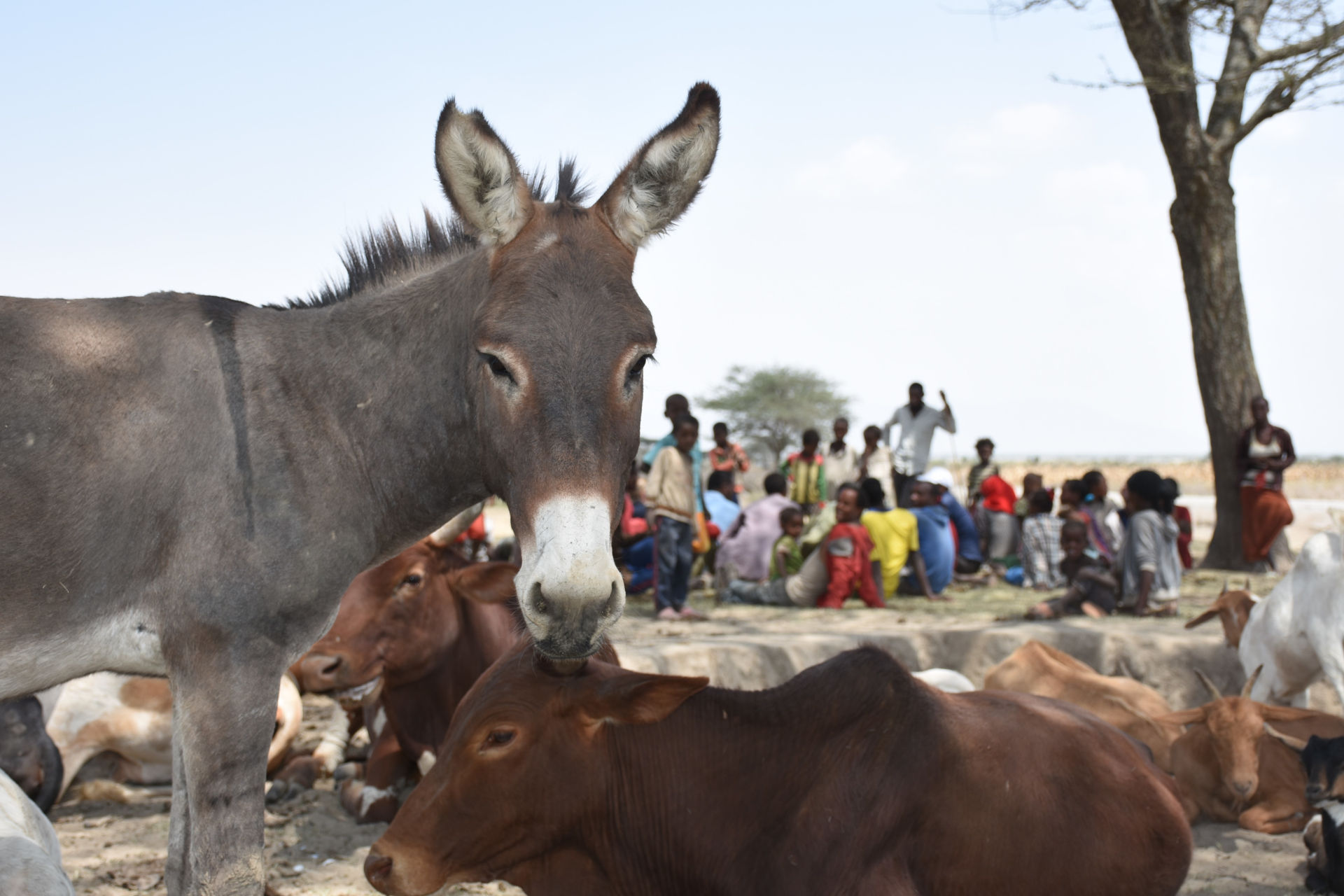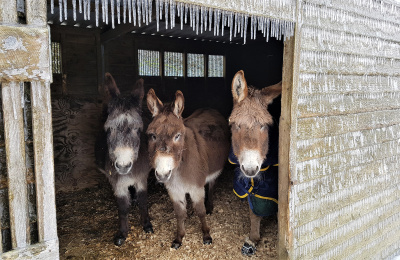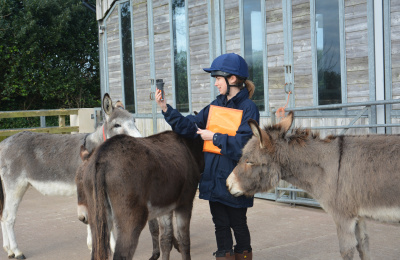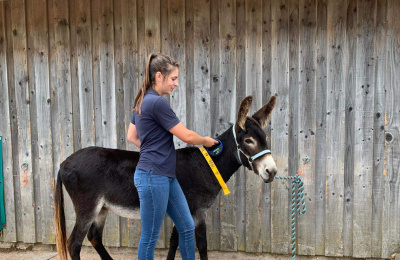Find out how our non-invasive research has helped to improve the health and welfare of donkeys and mules worldwide.
Reference intervals (biochemistry and haematology)
Our pathology laboratory carried out an in depth review of the biochemistry and haematology reference ranges used to help diagnose disease in donkeys. Following the review process, we adjusted some of the ranges to change what would be considered normal or abnormal.
Perhaps the most notable change was to the upper limit of normal for serum triglyceride measurements which are used to identify the presence of hyperlipaemia. This lowering of the upper limit of normal will help us to correctly identify more hyperlipaemic donkeys in the early stages of the disease and instigate treatment protocols earlier.
Our new amended reference intervals are not only helping our vets to more effectively diagnose and treat sick donkeys in our care, but have been public for use by any vets who care for donkeys throughout the UK and further afield. The results of this project are only appropriate for non-working, mature animals kept in temperate climates due to environmental, diet or workload influences.
The socio-economic value of working donkeys
During a recent project in Ethiopia we identified how donkeys can become pathways out of poverty for the poor in rural and urban areas. They do this by increasing access to schools, markets, and health clinics. Donkeys can also create a source of income, usually by offering transportation services, which enables people to earn, save and contribute money to community savings and loans schemes.
Despite the donkeys' important contributions to many of Ethiopia’s poor they remain absent from government animal health and welfare policies, they are overlooked by development goals and are marginalised by wider society. Donkeys rely on humans for basic needs such as feed, veterinary care, shelter, safety, and rest. Although donkey and human health are interconnected, donkey owners often struggle to provide care for their families and other livestock - and so donkey care is often low priority. As a result, donkey welfare is compromised. The majority of donkeys surveyed in this project suffered from lameness, misshapen hooves, poor body condition scores, body lesions (wounds, rubs or sores), and displayed behaviours potentially indicative of negative emotional states.
Results from this study have already been used in our advocacy programme during key negotiations involving local stakeholders. Following our work in Ethiopia a set of participatory rural appraisal tools have been developed to streamline further work in donkey owning communities both in Ethiopia and around the globe.
Donkeys need shelter
We have always adhered to the old saying ‘donkeys need shelter’ - and now we have the research to add credence to our passed down knowledge. We have found out that given free choice access, donkeys will seek shelter out comparatively more than horses in almost all circumstances. This is particularly evident when donkeys are faced with wind (even a light breeze), rain or temperatures below 14 degrees.
Working with researchers from the University of Portsmouth and Canterbury Christ Church University, we weren’t expecting to find that horses seem to seek shelter in the opposite weather conditions, with higher temperatures and stronger sunshine more likely to send them inside. It was only a combination of rain and wind together which drove both species inside.
It is thought that the evolutionary differences between horses and donkeys may be able to explain the choices they make about when to seek shelter from the weather. Horses are thought to have been domesticated in the cooler and wetter climates of Europe and North Asia, and so are more comfortable with lower light levels and inclement weather. Donkeys, on the other hand, are thought to have originated in the hotter and drier climates of North Africa and the Middle East, and so are less adapted to damp and chilly weather. This project was a great piece of work to highlight yet another crucial difference between horses and donkeys. We now know, without a shadow of doubt, that donkeys cannot be left without access to shelter in inclement weather, as we would be denying what is a clear preference to get out of the wind or rain.
